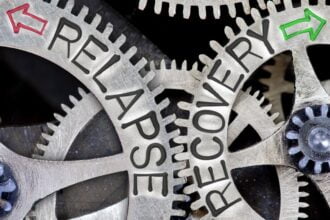Did you know that obesity costs employers $150 billion each year in lost productivity? And that companies that actively promote health in the workplace are three times more productive than companies that don’t? It’s no surprise that productivity and healthcare costs are top of mind for employers at large, who are paying 36 percent more for patient’s healthcare than they did five years ago.
Did you know that obesity costs employers $150 billion each year in lost productivity? And that companies that actively promote health in the workplace are three times more productive than companies that don’t? It’s no surprise that productivity and healthcare costs are top of mind for employers at large, who are paying 36 percent more for patient’s healthcare than they did five years ago.
That’s why a new interactive, wellness program called Keas is garnering attention. Used by  businesses to create and manage workplace health-related programs, Keas seeks to keep employees and engaged with their physical well-being. The system promotes healthy behavior and teamwork by rewarding people for achieving simple exercise and nutrition goals through games and social motivation.
businesses to create and manage workplace health-related programs, Keas seeks to keep employees and engaged with their physical well-being. The system promotes healthy behavior and teamwork by rewarding people for achieving simple exercise and nutrition goals through games and social motivation.
It’s simple. An employee signs up on the Keas website and takes a health risk assessment to generate a detailed user profile. The website then comes up with custom goals, objectives and recommendations. The software also provides games, fitness challenges and educational content that accessible on multiple channels so that users can engage with the program away from the office.
A few features make Keas different from other workplace wellness programs. First, there’s a social/gaming aspect – adding a competitive factor can motivate many people. Another difference is the team dynamics feature. Many people take that extra step when they know team members are depending on them. Keas also focuses on achievable, realistic goals, not hard-to-attain goals like losing 30 pounds in a month. Instead, it focuses on more short-term goals that are achievable in a day or a week.
Online health communities are 166 percent more likely to change behavior when they receive reinforcement from multiple online health buddies. Keas leverages the power of the team dynamics and rewards success with incentives such as gift cards or lower premiums on health coverage.






